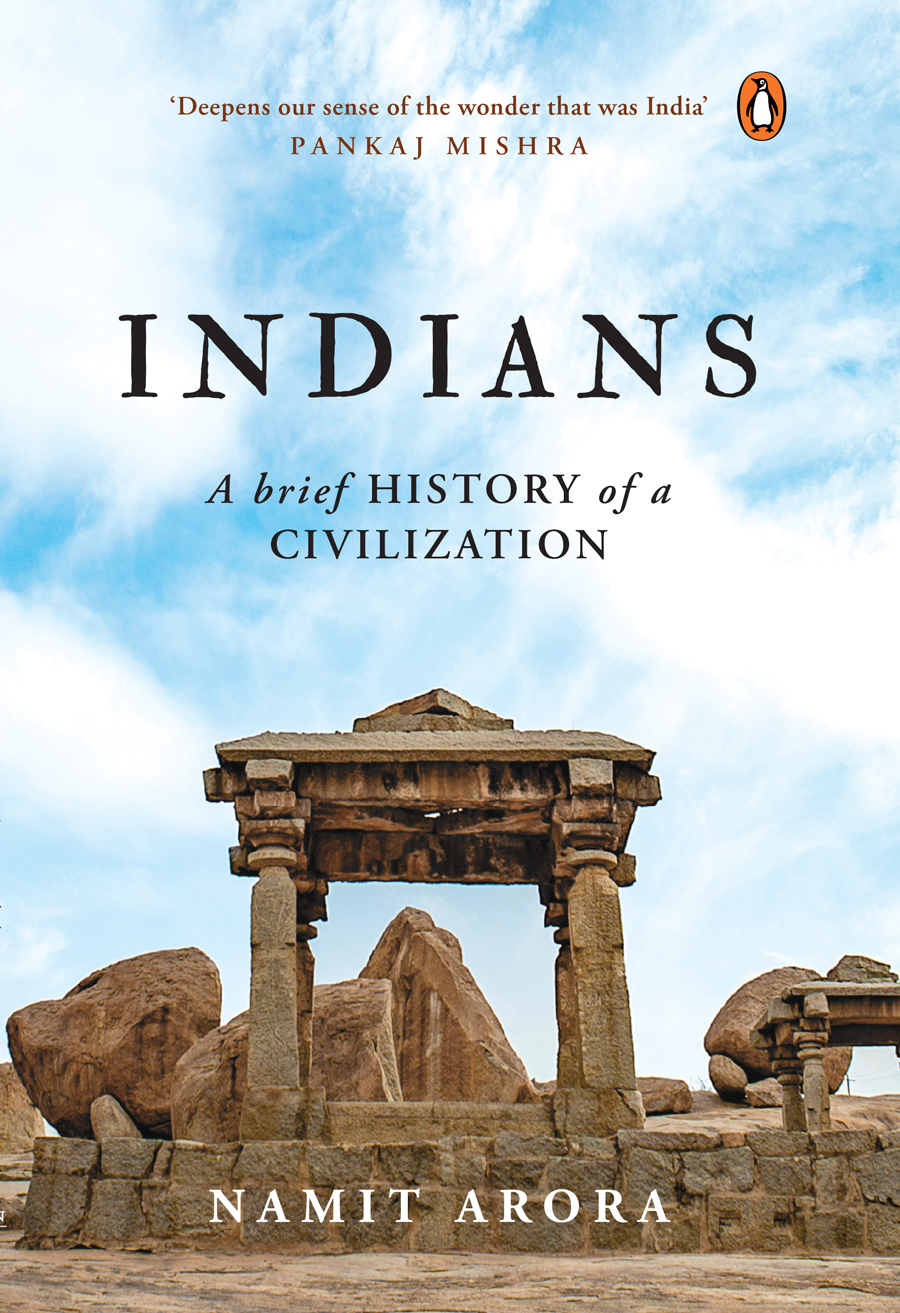Fatehgarh sahib (more)  |
Inside the Gurdwara  |
 |
 |
Entrance gateway (more)  |
Place of imprisonment (inside)  |
||
Bathing tank nearby  |
Another Gurdwara (inside)  |
||
|
Rauza Sharif The "Rauza is a mausoleum which commemorates the burial place of Sheikh Ahmed Farooqi ... who lived during the reigns of Akbar and Jahangir from 1563 to 1634. The old mosque in the vicinity is extant, so are several cenotaphs. The tomb of Shah Zaman, [an Afghan king,] indicates that the Rauza was once considered a propitious burial place of high and mighty. Some Muslim sects place it next only to the Mecca in reverence. A great Urs is held here every August." [Source: Punjab Tourism] |
|||
Entrance gate  |
Second entrance  |
The mosque (more)  |
Rauza Sharif  |
Doorway  |
Center of the mausoleum  |
||
Rauza Sharif  |
Rauza Sharif corridors (more)  |
||
|
Aam Khas Bagh ▒ |
|||
Sheesh Mahal ▒  |
Causeway to Shish Mahal  |
Water tank  |
Former palace ▒  |
Palace facade  |
Unmarked ruins  |
Passageway  |
Courtyard (more)  |
Unmarked ruins  |
Unmarked ruins  |
Playground  |
Hammam  |
Unmarked ruins  |
Well ▒  |
"Blessed Bed Chamber" ▒  |
External walls  |
Designed in collaboration with Vitalect, Inc. All rights reserved. |








